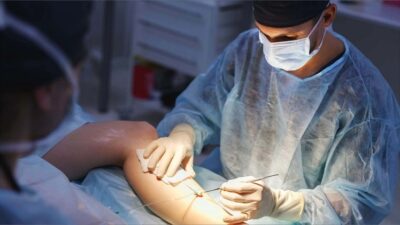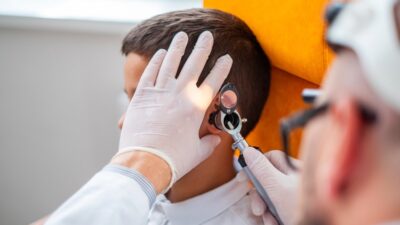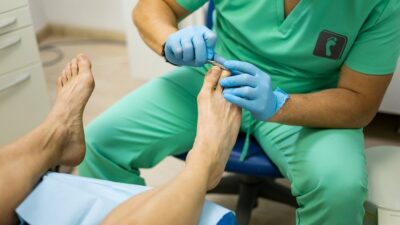Are you a woman in your 30s or 40s who’s been trying to conceive but facing difficulty? Perhaps you have heard the term “diminished ovarian reserve” from your doctor and are wondering what it means and how it could impact your fertility. Diminished ovarian reserve Mountain View affects many women and can make conceiving challenging.
Some of the most common symptoms of DOR include irregular menstrual cycles, shorter or longer periods, and decreased cervical mucus. Women with a diminished ovarian reserve may also experience hot flashes, night sweats, and vaginal dryness, all common symptoms of menopause.
Some of the most common factors for diminished ovarian reserve include age, genetics, autoimmune disorders, and certain medical treatments such as chemotherapy or radiation therapy. Smoking, alcohol consumption, and poor nutrition can also contribute to DOR.
Table of Contents
Diagnosing Diminished Ovarian Reserve
To diagnose DOR, your doctor may conduct a series of tests, such as fertility testing, which involves measuring hormone levels like FSH, LH, and estradiol. An AMH test can also help to evaluate the number of eggs remaining in the ovaries. Additionally, a transvaginal ultrasound can help identify the number and size of follicles in the ovaries.
It is advisable to note that while diminished ovarian reserve can make it challenging to conceive, it is not necessarily a definitive diagnosis of infertility. Many women with a diminished ovarian reserve can still conceive naturally. Early detection and treatment can significantly affect your chances of achieving a successful pregnancy.
Diminished ovarian reserve treatment options
Various treatment options are available for women with diminished ovarian reserve. These treatment options aim to improve the chances of successful conception: they include:
- In vitro fertilization (IVF): IVF is a popular and effective treatment option for women with DOR. Mature eggs are collected from the ovaries and fertilized with sperm in a lab. Once fertilized, the embryos are transferred back into the uterus for implantation. IVF is usually the last resort after other fertility treatments have failed.
- Intracytoplasmic sperm injection (ICSI): ICSI is a procedure used during IVF that involves injecting a single sperm directly into an egg. This is done when the sperm count or quality is low. ICSI increases the chances of fertilization and improves the chances of successful conception.
- Egg donation is an option for women with a diminished ovarian reserve who cannot produce viable eggs. This process involves using eggs from a donor who is usually younger and has a higher ovarian reserve. The donor’s eggs are fertilized with sperm and implanted into the recipient’s uterus.
- Fertility medications, such as Clomid or Letrozole, can help stimulate the ovaries to produce more eggs. These medications are often used with other fertility treatments such as IVF or IUI.
- Intrauterine insemination (IUI) involves placing washed sperm directly into the uterus during ovulation. This treatment option is often used with fertility medications to improve the chances of successful conception.
- Surgery: In some cases, surgery may be necessary to remove any fibroids, cysts, or endometriosis impacting fertility.
If you suspect you may have diminished ovarian reserve, discussing your options with your healthcare provider at NOVA IVF can help create the best plan for you.










Comments